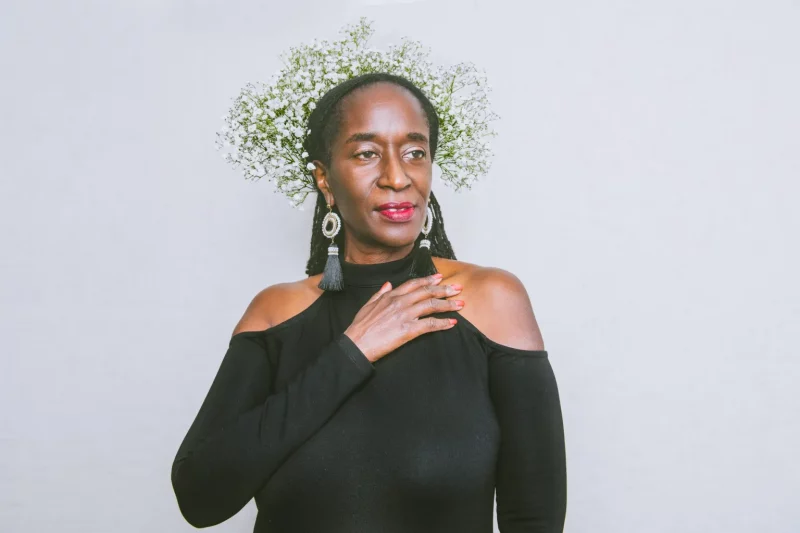Black Women in Tech Might Be the Key to Climate Justice
Share
Explore Our Galleries
Breaking News!
Today's news and culture by Black and other reporters in the Black and mainstream media.
Ways to Support ABHM?
by Nadira Jamerson, Word in Black
The WISE Fund supports communities hit hardest by climate change through investing in climate justice technologies created by Black women.

Toxic air. Dirty water. It seems we find out every day about another Black neighborhood being damaged by environmental pollution. The Justice Department recently filed a complaint against the city of Jackson, Mississippi — which has been without clean water since August — over its alleged violations of the Safe Drinking Water Act. And now Houston had to release a “boil water” notice to warn millions of residents against using contaminated water supplies.
On top of that, Black folks are more likely to live in communities impacted by climate change, and they are more likely to experience adverse health effects as a result. People of color in the United States are 61% more likely than white people to live in a county with a failing grade for at least one pollutant, and 13.4% of Black children have asthma — a disease exacerbated by dirty air — compared to 7.3% of white children.
But all hope is not lost. Bay Area, California-based activist Dr. Jackie “Bouvier” Copeland says there is more we can all do to combat climate change and inequity. She’s the founder of the Women Invested to Save Earth (WISE) Fund, which she says is a “solution that addressed the multiple challenges of racism, sexism, climate change, and funding in equity that exists not just in the U.S. but all across the world.”
[…]
Through the WISE Fund, Copeland raises funds to support affordable and innovative technological advancements by Black women and people of color who are creating climate justice technology that can also serve as economic engines in the communities hit hardest by climate change. In her former position, Copeland noticed that Black women and women of color were often overqualified, yet they still received fewer opportunities to fund their ideas. With women accounting for more than half of the global population, Copeland says an unwillingness to invest in this group is hurting the world at large.
Word in Black has details.
Climate change and pollution disproportionally kill Black Americans. Some argue that reparations could improve climate change.
Find more Black culture and news stories.









Comments Are Welcome
Note: We moderate submissions in order to create a space for meaningful dialogue, a space where museum visitors – adults and youth –– can exchange informed, thoughtful, and relevant comments that add value to our exhibits.
Racial slurs, personal attacks, obscenity, profanity, and SHOUTING do not meet the above standard. Such comments are posted in the exhibit Hateful Speech. Commercial promotions, impersonations, and incoherent comments likewise fail to meet our goals, so will not be posted. Submissions longer than 120 words will be shortened.
See our full Comments Policy here.